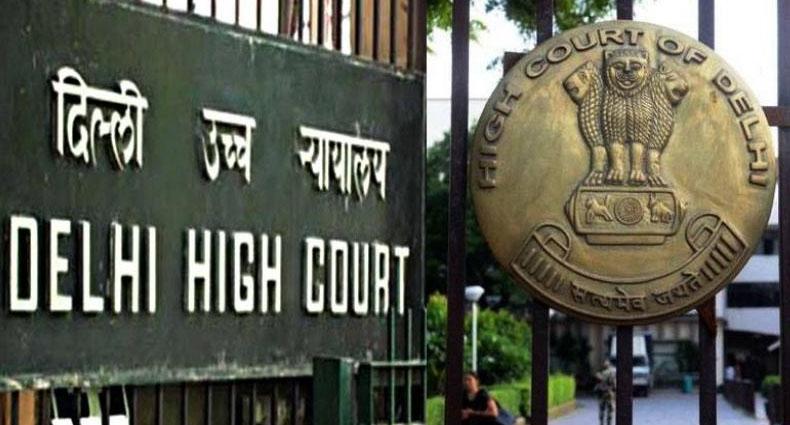
Power to grant bail on medical grounds in PMLA case discretionary: Delhi HC
New Delhi, June 6 (IANS) The Delhi High Court observed that the power to grant bail on medical grounds under the Prevention of Money Laundering Act (PMLA) is discretionary and should be exercised carefully, ensuring the existence of necessary circumstances justifying such a decision.
The court was hearing a bail plea filed by Sanjay Jain, who is accused in a money laundering case. Jain’s wife filed an affidavit on May 22 seeking interim bail for him on medical and humanitarian grounds for a period of three months, citing his deteriorating health condition.
The court emphasised that while the liberty of an accused or convicted person can be restricted according to the established legal procedure, the right to health is also recognised as an essential aspect of Article 21 of the Constitution.
Justice Vikas Mahajan further observed that the right to life should not be curtailed solely because a person is an undertrial or convict in jail. The state has an obligation to provide adequate and effective medical treatment to all individuals in custody, regardless of their trial or conviction status.
While the court refused to grant interim bail to Jain, it directed the Director of AIIMS to form a Medical Board of Doctors immediately to assess Jain’s medical condition.
The court noted that not every ailment entitles an accused person to be granted bail on medical grounds, as specified in Section 45 of the PMLA.
It stated that if the petitioner’s medical condition requires specialised or sustained treatment that cannot be provided in jail, the petitioner may be entitled to interim bail under the first proviso of Section 45(1) of the PMLA.
The court observed that the diagnostic procedures for Jain were scheduled with significant delays, indicating the burdened state of government hospitals and their inability to address his medical needs on priority.
However, it also highlighted the absence of expert opinion regarding the urgency of Jain’s diagnostic procedures and the potential risk to his life due to the delay in treatment.
Justice Mahajan emphasised that it cannot assume the role of an expert and assess the petitioner’s medical condition based solely on the records before the court.
The court directed the Jail Superintendent to provide all medical records of Jain to the medical board and allowed Jain’s wife to submit relevant medical records to it, with a copy to the Special Counsel for the Enforcement Directorate (ED).
The Jail Superintendent was also instructed to ensure that Jain is presented before the medical board on June 7 at the designated time and place.
The court ordered the medical board to evaluate the medical records, conduct an examination of the petitioner, and submit its report to the court by June 10.
